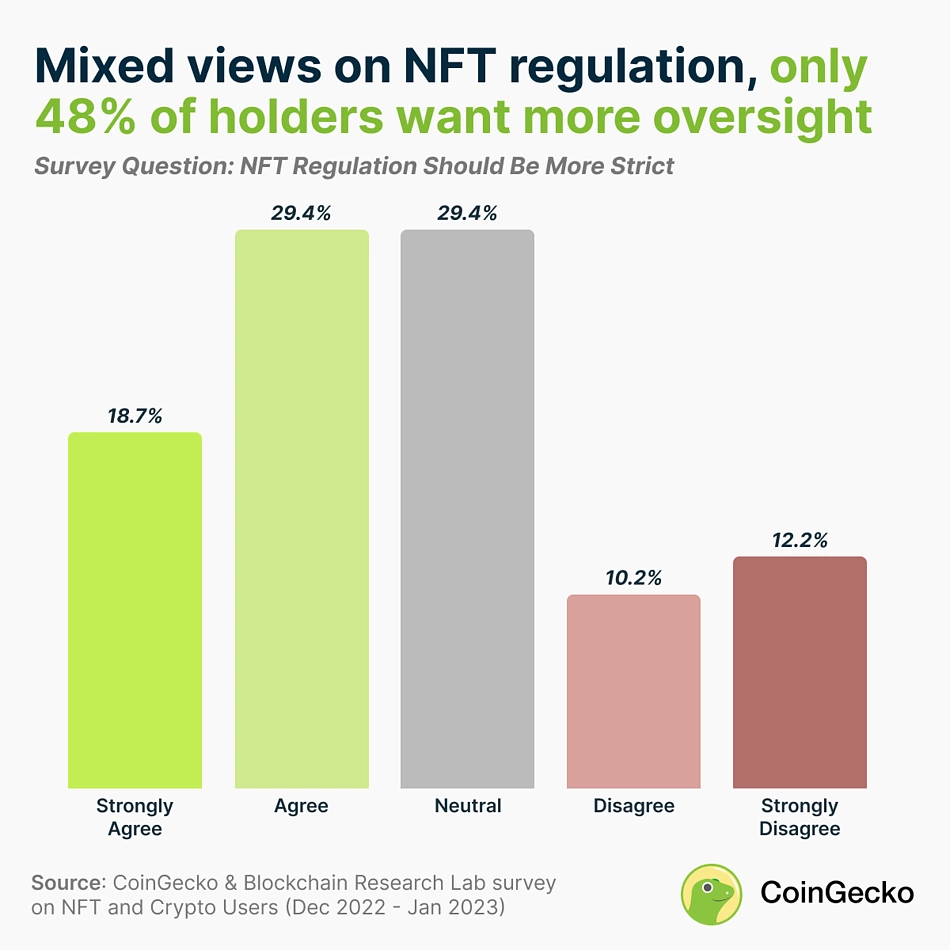
Should NFTs be More Regulated?
Non-Fungible Tokens (NFTs) are blockchain-based digital assets that became widely popular in 2021. As with crypto in general, NFTs are currently not regulated. Even though risks like rug pulls and wash trading are common in the space, NFT holders have mixed views on whether they want more NFT regulation, according to a recent survey.
In total, 48.1% or slightly under half of the NFT holders called for stricter NFT regulation. The pro-regulation side was made up of more who agreed (29.4%), compared to those who felt strongly about the issue (18.7%). This suggests that among NFT holders who want greater oversight, the majority are not in favor of excessive regulatory intervention. Pro-regulation NFT holders are likely driven by concerns about the asset’s risks and their belief that participants are unable to protect themselves.
An equally large group of NFT holders neither agreed nor disagreed with increasing NFT regulation. 29.4% took a neutral stance, indicating perhaps that they were open to any level of regulation for NFTs, or had not yet formed an opinion on the matter.
Meanwhile, around 2 in every 10 NFT holders were against having stricter regulations. The anti-regulation side was almost evenly split into 10.2% who disagreed with more oversight, and a slightly higher 12.2% who were strongly opposed. The combined 22.4% of NFT holders preferred to continue with the current status quo, namely for NFTs to be unregulated. This might reflect their desire to maintain the current decentralized, freewheeling nature of NFTs, or preference for a completely free market environment.
Between the two opposing views on greater NFTs oversight, NFT holders who are against it tend to lean towards a more strongly anti-regulatory stand. For every 10 who disagreed with more oversight, 12 strongly disagreed. On the other hand, pro-regulation NFT holders tend to have a more moderate position. For every 10 who agreed that NFT regulation should be stricter, only 6 strongly agreed.
Do People Know How Risky NFTs Are?
Despite the divided opinions over NFT regulation, NFT holders are generally aware of the risks that come with participating in this space, based on responses in the same survey.
More than half of the NFT holders (54.5%) said they were indeed afraid of fraud when investing in NFTs, which is in line with anecdotal observations that most NFT holders personally experience at least one exit scam or hack. The significant minority who were unafraid of fraud (18.4%), likely represent more experienced NFT holders capable of figuring out whether projects are trustworthy or not. Another 27.1% did not have any particular opinion on the topic.
| I am afraid of fraud when investing in NFTs | Responses |
| Agree & Strongly Agree | 54.5% |
| Neutral | 27.1% |
| Disagree & Strongly Disagree | 18.4% |
A majority of holders (69.4%) said they informed themselves in detail about NFT projects before buying in, suggesting that at least some who were unafraid of fraud, still practice ‘do your own research’ (DYOR) regardless. The small group which reportedly did not practice DYOR (9.6%) are likely NFT degens, who buy in because of impulse or to follow the crowd. A remaining 21.0% were neutral about conducting due diligence on NFT projects, possibly following a mix of the two approaches.
| I inform myself in detail about NFT projects before investing | Responses |
| Agree & Strongly Agree | 69.4% |
| Neutral | 21.0% |
| Disagree & Strongly Disagree | 9.6% |
Do People Understand How NFTs Work?
The survey also found that not all NFT holders know how the digital assets work. Around 7 out of every 10 NFT holders said they understood the technology behind NFTs (69.7%), and at least 1 in 10 people who have NFTs do not understand how it works (11.4%). The remaining 2 responded with ‘neutral’ (19.0%), admitting that they only had an incomplete understanding of NFTs’ technology.
This suggests that there has been NFT adoption regardless of whether people fully understand how the blockchain technology behind it works. In other words, people are willing to buy NFTs for reasons other than technological innovation, setting the precedent for more widespread acceptance, such as with the Reddit NFTs.
| I understand the technology behind NFTs | Responses |
| Agree & Strongly Agree | 69.7% |
| Neutral | 19.0% |
| Disagree & Strongly Disagree | 11.4% |
Methodology
The study examined 343 responses from the NFT and Crypto Users Survey, jointly conducted by CoinGecko and Blockchain Research Lab from December 2022 to January 2023.
If you use these insights, we would appreciate a link credit to this article on CoinGecko. A link credit allows us to keep supplying you with future data-led content that you may find useful.
Curious to find out more about our previous research studies? Check out this one we did on where people store crypto after the FTX collapse.

Yuqian is a cryptocurrency writer and marketer who specializes in mainstream cryptocurrency insights. She's especially fascinated by the philosophical and socioeconomic aspects of crypto and also goes by the name of Q. She holds a Bachelor of Social Sciences with Honors from the National University of Singapore. Follow the author on Twitter @solosbrqt


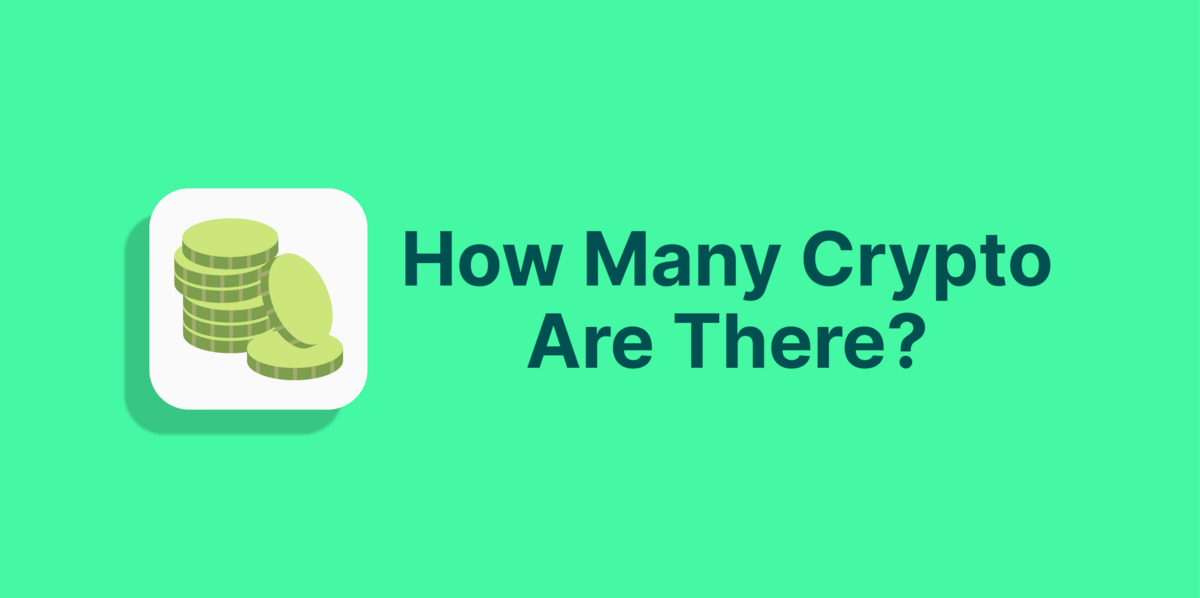
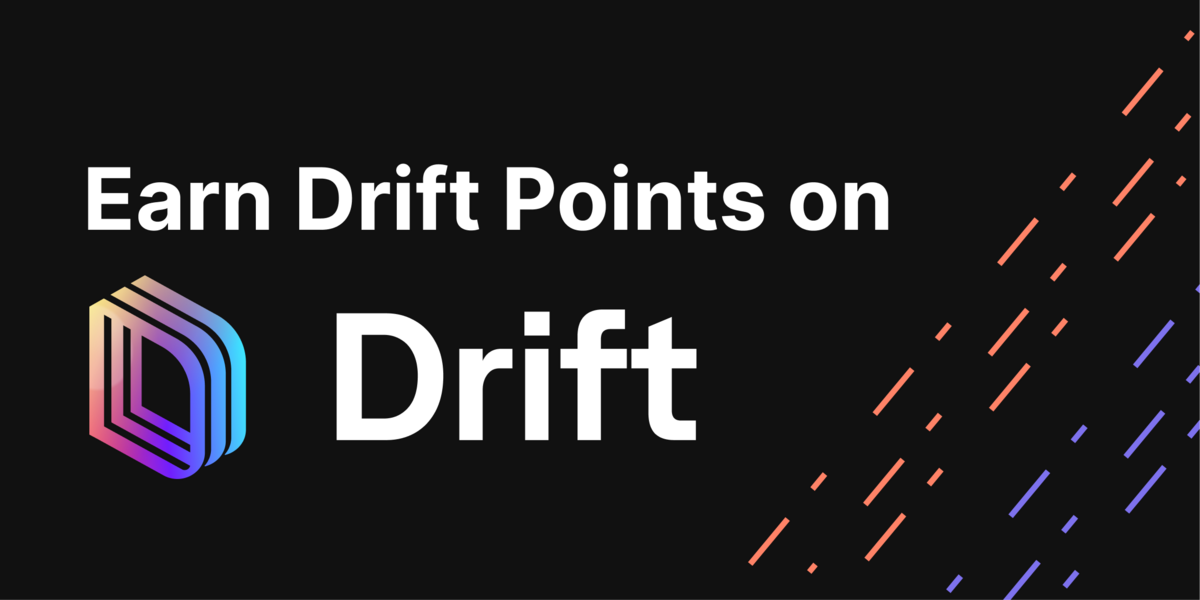
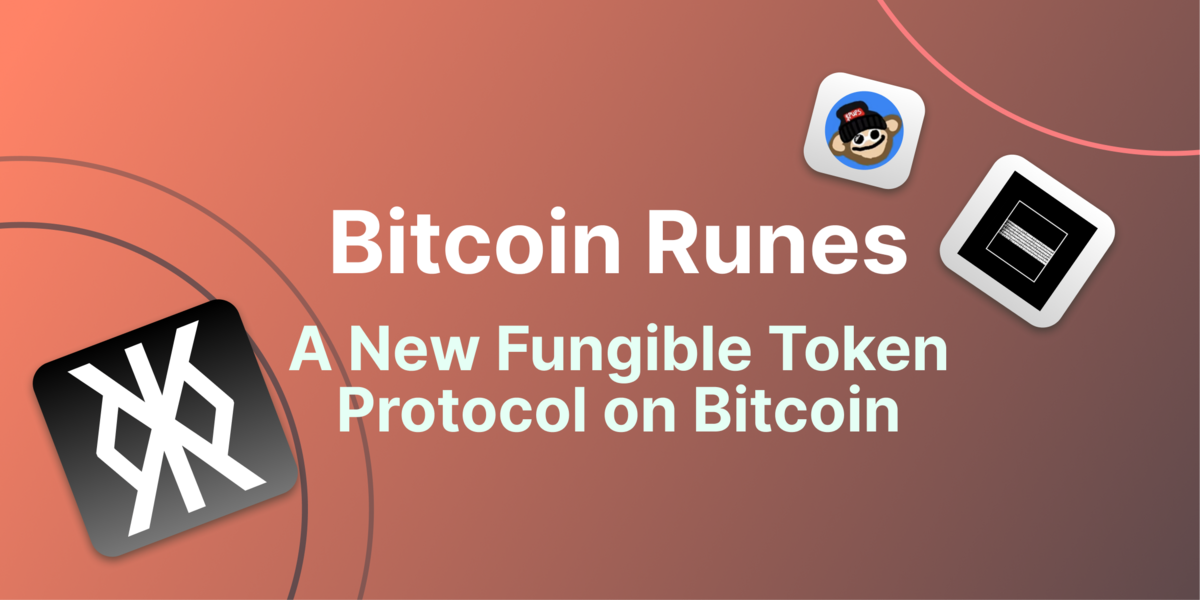

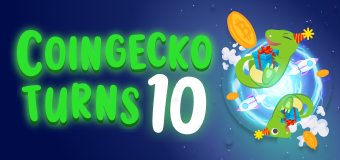


 Or check it out in the app stores
Or check it out in the app stores